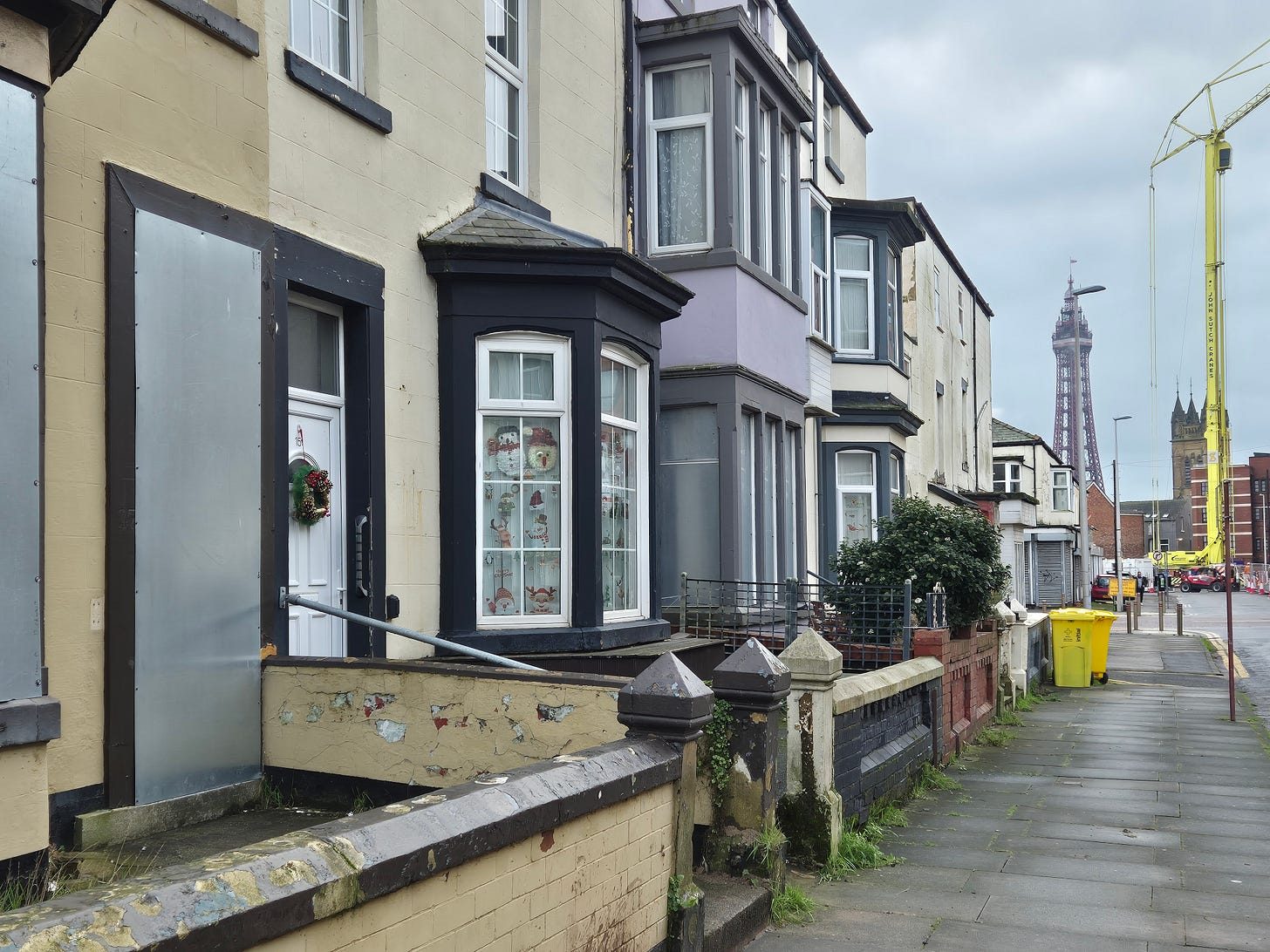The right to a home vs investment in the battle for Blackpool's Multiversity site
A decision on whether the council can use CPOs with the remaining properties is expected early 2025
Blackpool’s £65m multiversity development is described as being a key part of the town’s regeneration plans. Designed to offer a “a world class learning facility”, the plan aims to attract more students, improve prospects for locals and create better links with businesses.
It is the l…






